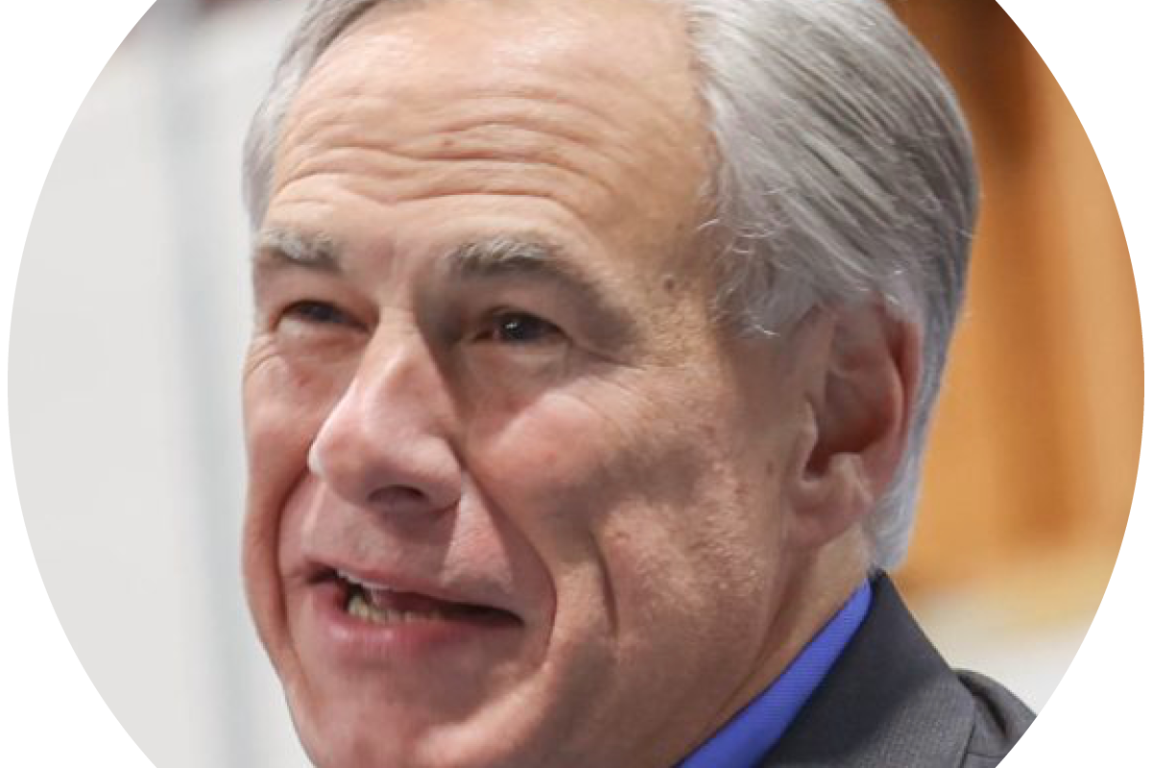In two new bombshell reports, the Texas Tribune today reported that Texas GOP Governor Greg Abbott has allegedly been able to amass political power by rewarding donors with “access, appointments to boards and commissions, and a chance to bend the ear of a politician who may harbor bigger ambitions.”
In news that will shock Texas families who are concerned about the concerning state of public education, the Tribune also reported that “two-thirds of board members overseeing Texas public universities are Abbott donors”— with the highest donors being concentrated on larger boards at the largest institutions.
This reporting suggests that Abbott has used his appointment power as a reward for high dollar donors in a pay-to-play scheme that has lasted the entire length of Abbott’s tenure as governor — a massive potential corruption story.
The Texas Tribune: In Texas, where money has long dominated politics, Greg Abbott is in a league of his own
By Patrick Svitek, Carla Estudillo, Zach Despart, and Kate McGee | October 18, 2022
Key Points:
-
“Since Greg Abbott first declared he would run for governor on July 14, 2013, he’s raised the equivalent of $83,793 per day to fund his pursuit of power. That’s $20,000 more than the median Texas household earns in a year.”
-
“The Tribune also examined every political appointment he’s made while governor. Texas is one of 11 states without contribution limits, enabling Abbott to raise enormous sums from some of the nation’s richest families and individuals. His donors enjoy access to the governor; appointments to boards and commissions, including influential regulatory bodies and even a COVID-19 task force that set guidelines for reopening businesses; and a chance to bend the ear of a politician who may well harbor presidential aspirations like his two predecessors.”
-
“Abbott’s most generous donors are often titans of the state’s oil and gas, real estate and construction industries — who stand to benefit broadly from Abbott’s posturing against business regulations and in favor of lowering corporate tax burdens. And some have wealth that is much more directly tied to the state government.”
The Texas Tribune: Two-thirds of board members overseeing Texas public universities are Abbott donors. They’re not shy about wielding influence.
By Kate McGee | October 18, 2022
Key Points:
-
“Gov. Greg Abbott, who is seeking a third term, is the most prolific political fundraiser in modern state history. He has named donors to all sorts of boards and regulatory commissions across Texas — but they are especially concentrated on the boards running 36 public universities. The regents set tuition rates and faculty salaries, approve new degree programs, audit university finances, manage campus growth plans and hire and fire university presidents and football coaches.”
-
“Abbott has appointed all 90 people who currently serve on nine university system boards, plus the Texas Higher Education Coordinating Board. During his nearly eight years as governor, he’s made 114 such appointments. A Tribune analysis found that more than 70% of all these appointees have donated to Abbott’s gubernatorial campaign, including donations given in their spouse’s or company’s name (if they are the CEO). About 30% of the appointees have given more than $100,000. A Tribune analysis also found that the larger and more prestigious the university system, the more likely its board is to be stacked with deep-pocketed donors.”
-
“Nearly two-thirds of people sitting on higher education boards are white, while non-Hispanic whites make up only 40% of Texas’ population. Abbott’s appointments of Black Texans most commonly sit on the board of Houston-based Texas Southern University, which is a historically Black college and university system. Setting Texas Southern aside, white people make up around 70% of Abbott’s appointments to the other nine boards, excluding student regents.”
Published: Oct 18, 2022
